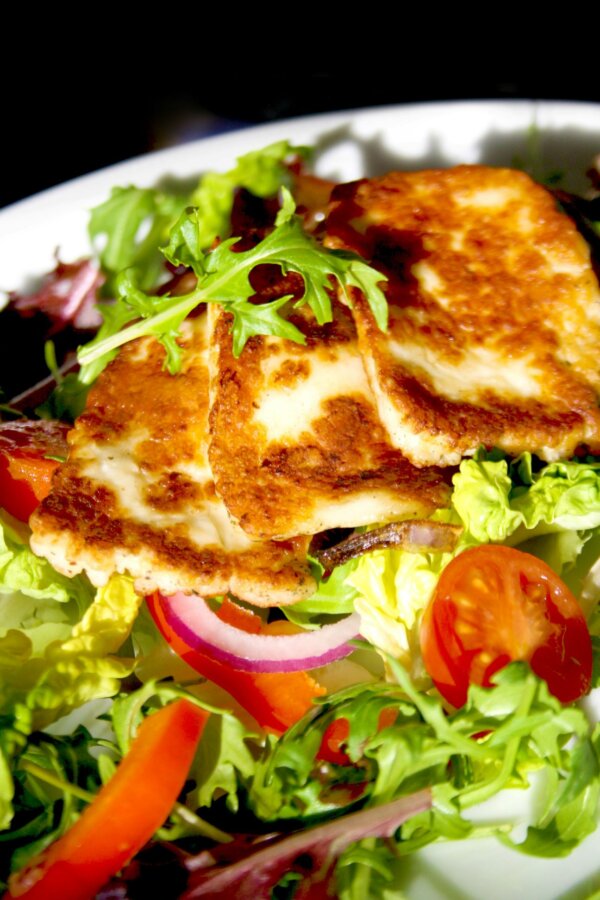Brand protection… the big questions answered
Written by William Miles | December 5, 2019
Have you spent months developing the prefect brand name? Have you bought a domain name or registered a company name featuring the brand? Maybe you’re really far down the road, you’re selling your goods or services, advertising and looking for investment? If any of this applies to you then you need to register a trade mark.
How to do it
Unfortunately, there’s no such thing as a single worldwide trade mark and so brand owners need select countries for trade mark registration. The only exception to his rule is the EU, where there is a multi-country trade mark which covers all EU member states (including the UK… until Brexit).
Essentially the country selection comes down to cost, there’s no point investing thousands protecting your brand in a specific country if you don’t trade (or manufacture) there however, if you do have a presence, particularly a growing presence, then then the country should be listed in your trade mark portfolio.
Once you’ve worked out which countries to cover you then need to think about the classes of goods and services. There are 45 in all and they deal with everything a business can offer, from car tyres to cultural activities. The idea behind this is that brands should be able to co-exist if they trade in completely different industries. Take for example the trade mark ‘PENGUIN’, this is owned by a clothing brand in class 25, a chocolate manufacturer in class 30 and a book publisher in class 41. All of these companies can co-exist because they have distinct brands which do not get confused with one another.
What to register
Now you’ve got a bit of an idea on which countries and classes to cover the next thing to think about is what to register – in short, there are two main types of trade marks, word marks e.g.
BRIFFA
and logo marks e.g.
These are separate trade marks and they require separate applications. However, one protects the brand name (the most useful mark in this regard is the word mark, which covers different sizes, font, colours etc) whilst the other protects the way in which it is depicted (if for example, a competitor or counterfeiter decided to copy the logo without using the same words).
As a general rule the bigger your trade mark portfolio, the better, but if you to start off with just one trade mark, the word mark is usually the better choice.
Why it’s important
Now you know what to register and how, you need to justify the cost. Fortunately, it’s not hard to do this because a trade mark is a valuable asset. It turns something intangible and unquantified (your “brand”) into a tangible asset, registered in your name or the name of your company, which can be bought, sold, licensed or invested in.
Aside from being a commercial asset, a trade mark is a valuable defence mechanism. If your brand is copied by a competitor or counterfeiter, and you don’t have a trade mark, you’ll have to rely on unregistered rights and a claim called “passing off”. Unfortunately, this is a notoriously difficult claim to succeed on (requiring you to prove goodwill, misrepresentation and damage) and it requires a very expensive fight. This is likely to mean that you can’t stop the infringement in the same way that you would with a trade mark.
Finally, you need to consider timing, yes you’ve come up with a brilliant brand name but what if someone else has too? If they file for a trade mark first (providing there is no evidence of bad faith) then the certificate will be in their name and not yours. This will then give them the power to oppose your later application for the same or a similar mark, in the same or a similar class. This normally forces companies to rebrand, losing the goodwill and reputation the have worked so hard to build up.
Next steps
If you would like to apply for a trade mark, then then next step is seek legal advice. In particular, ask your lawyer to: (a) conduct a registry search for existing conflicting trade marks, and (b) advise on the registrability of your chosen mark (applications will be refused if, for example, they are considered too descriptive).
Briffa is a firm of specialist intellectual property lawyers and we offer all new clients a free initial consultation meeting to discuss trade marks, and anything else on their mind (e.g. terms & conditions of sale or a manufacturing agreement). To speak to one of our lawyers, just email info@briffa.com or call 020 7096 2779.
Written by William Miles, Solicitor


